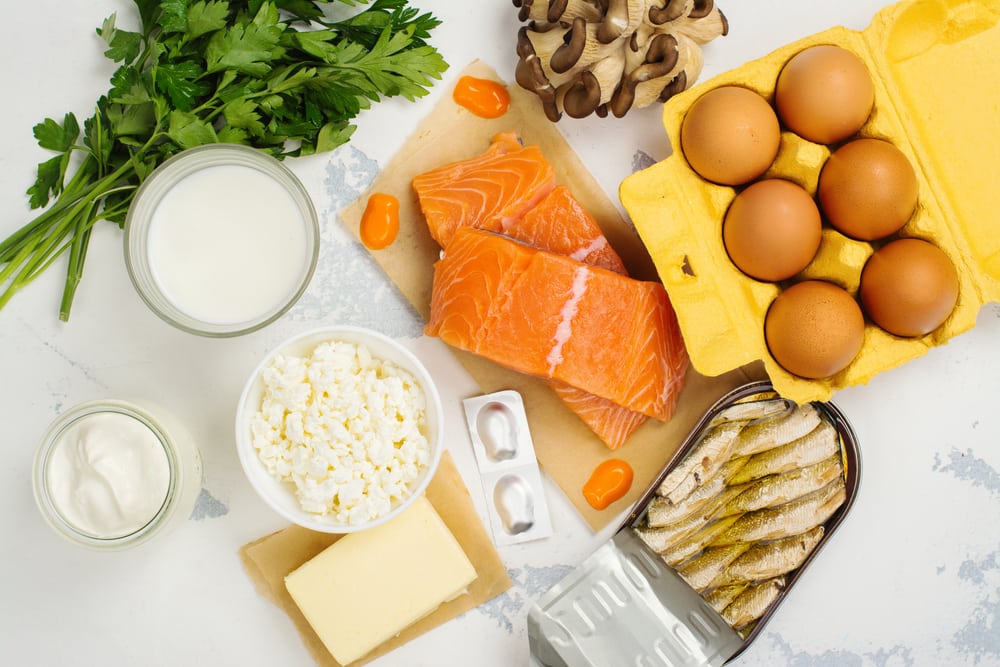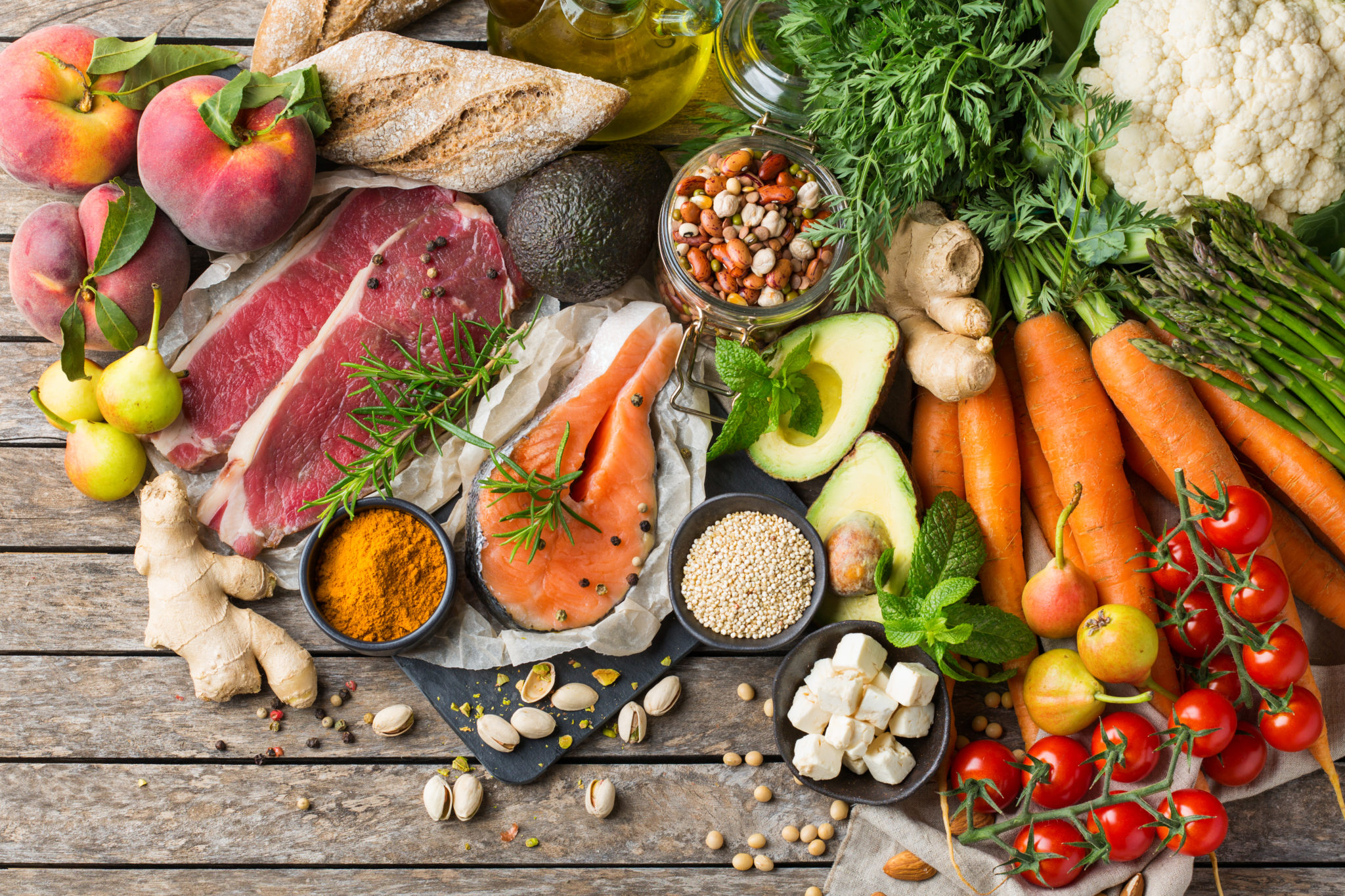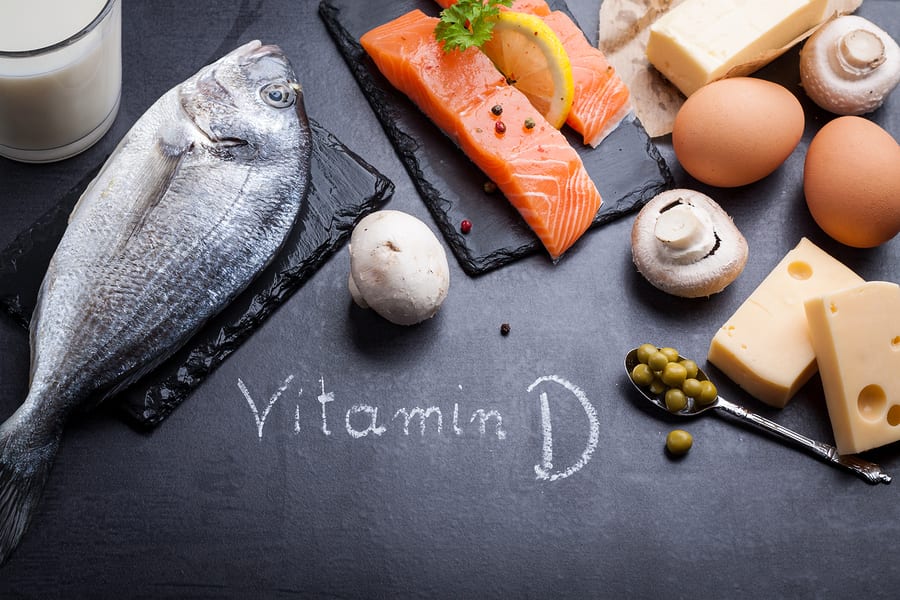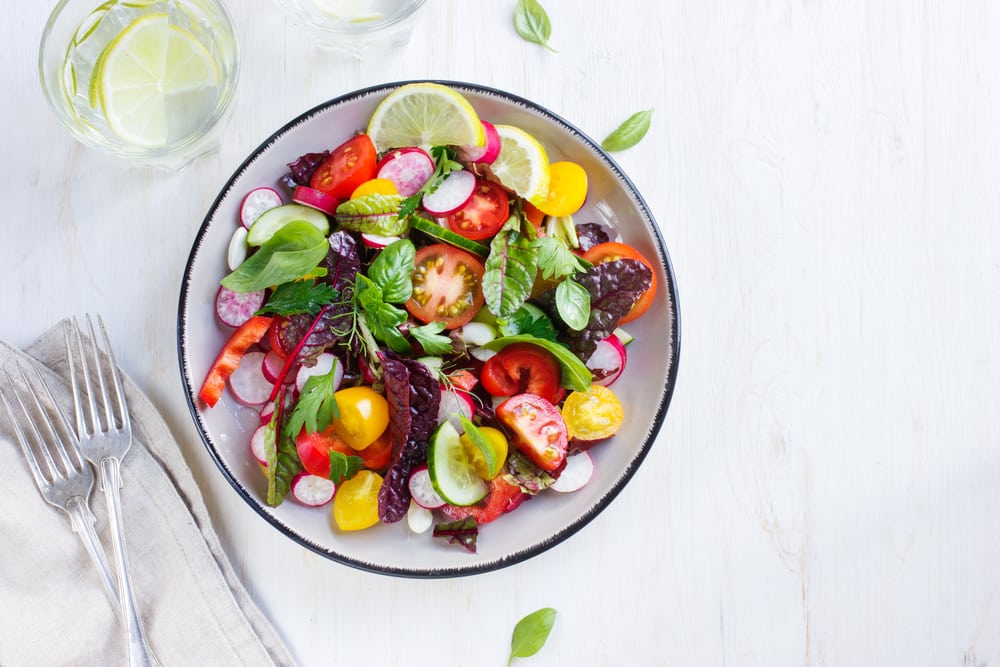As with good health in a varied Mediterranean diet of fruit, vegetables (especially green leafy), fish, nuts, seeds and a small amount of meat will provide all the nutrients, which are needed to support a great night’s sleep. Whilst there are a number of key nutrients involved in sleep including calcium, potassium, vitamin B and omega 3 fatty acids, three perhaps stand out these being Tryptophan, Magnesium and Vitamin D.
Top 3 nutrients for sleep
1) Tryptophan
Tryptophan is an essential amino acid which is a building block of serotonin, our feel-good hormone. In turn, Serotonin is used in our pineal gland to make melatonin our sleep hormone.
Tryptophan-rich foods include; seeds (pumpkin, sunflower, hemp, chia and buckwheat) nuts (almonds and peanuts) tofu, turkey, oats, eggs, green leafy vegetables, bananas, yoghurt and milk. If you eat tryptophan with carbohydrate it has a higher rate of absorption into the body. Hence a turkey sandwich or milk with honey will help get you to sleep more easily than turkey or milk on their own.
2) Magnesium
Magnesium is a core mineral that is used throughout your muscles, bones and brain. It is generally regarded as the ‘anti-stress mineral’ as it reduces the levels of cortisol (the stress hormone), relaxes muscles and calms the nervous system. It increases the firing of receptors in the brain that help with sleep regulation.
Magnesium rich foods include; seeds (pumpkin and sesame), nuts (almonds and brazil), dark leafy green vegetables, dried fruit, avocados, beans, whole grains, fish and spirulina.
3) Vitamin D
This Vitamin is needed for healthy sleep and should always be included in our diet, especially as we can often lack it in the darker, winter months (Vitamin D is also produced in the skin from sunlight).
Vitamin D rich foods include; fatty fish (salmon, sardines, tuna) egg yolk, beef liver , cheese and milk.
There are a couple of super sleep foods which are worth a mention these are Tart Montmorency Cherries, which you can buy as a juice from Health food stores, and Walnuts, both of which have their own natural source of melatonin.
A note about our friendly gut flora
There is increasing evidence that lack of sleep disrupts the gut flora and changes in the gut flora can influence sleep. A recent study of people with irregular sleep patterns from jet lag showed that their faecal samples had an increase in a type of bacteria known to be more prevalent in people with obesity and diabetes. The levels of these microbes dropped back to normal once the travellers got back to a regular sleep cycle.
We can maintain the health of these ‘friendly gut bacteria by eating probiotic foods, like yoghurt and kimchi, taking acidophilus can also help keep things as they should be when we need to.







